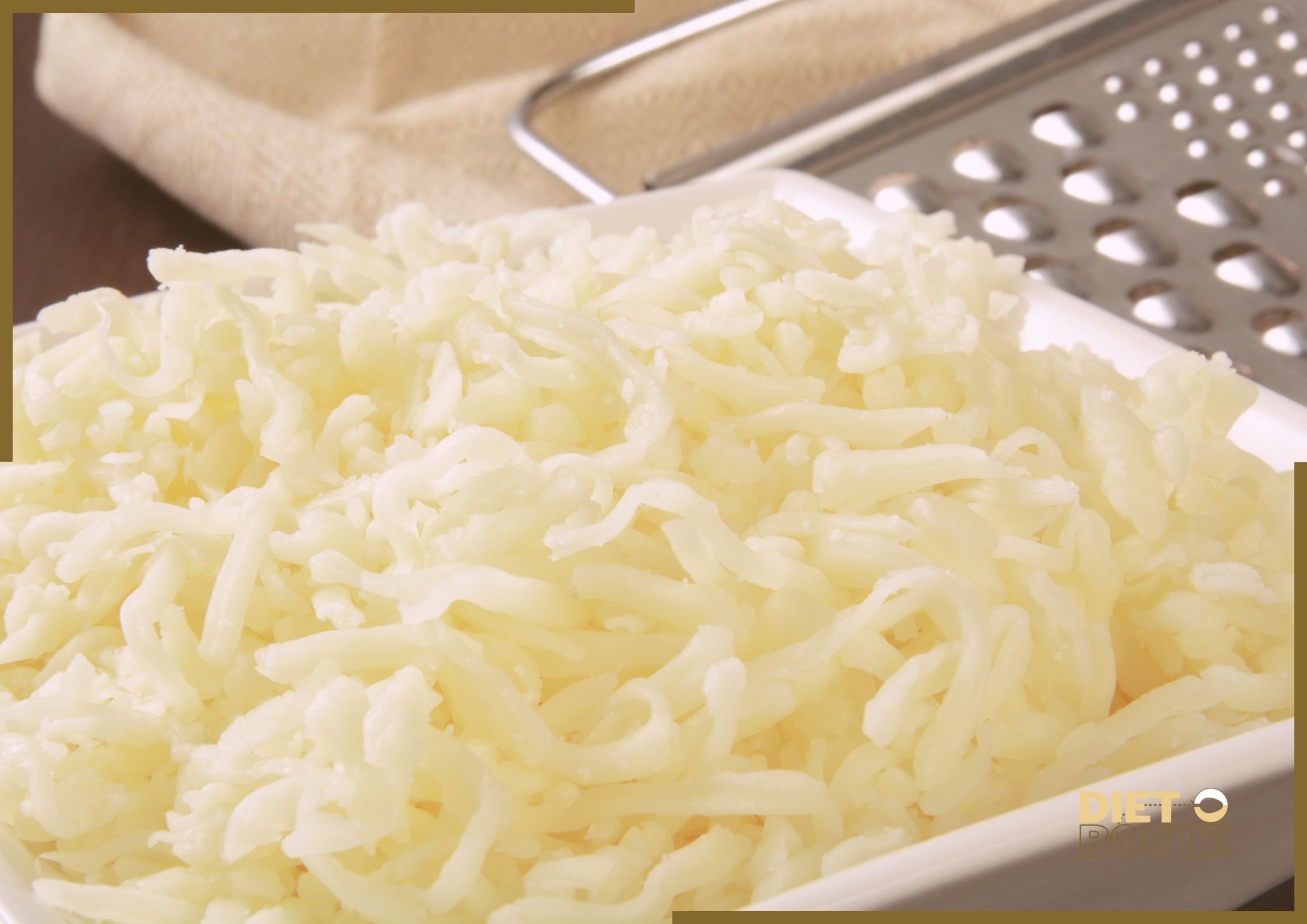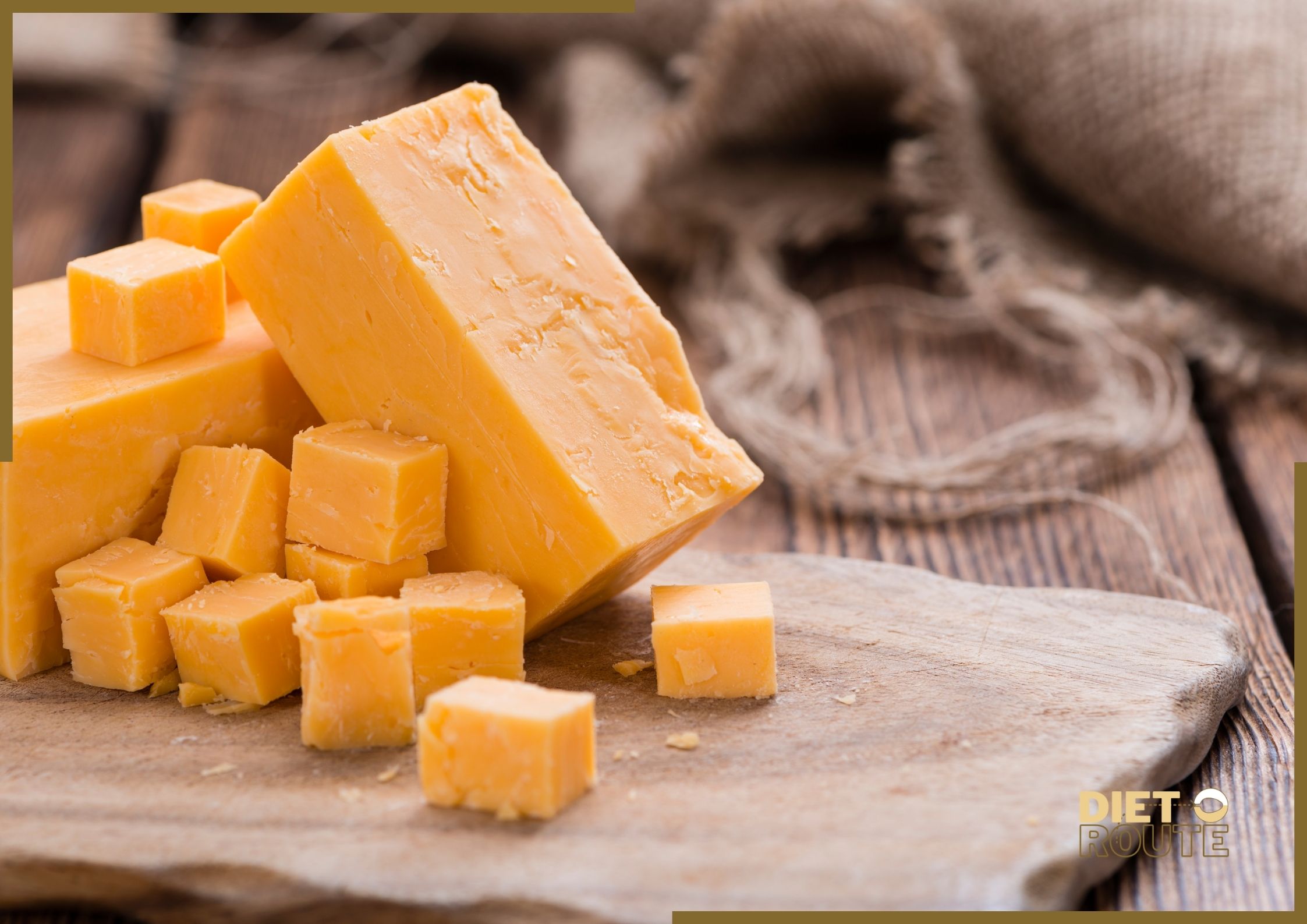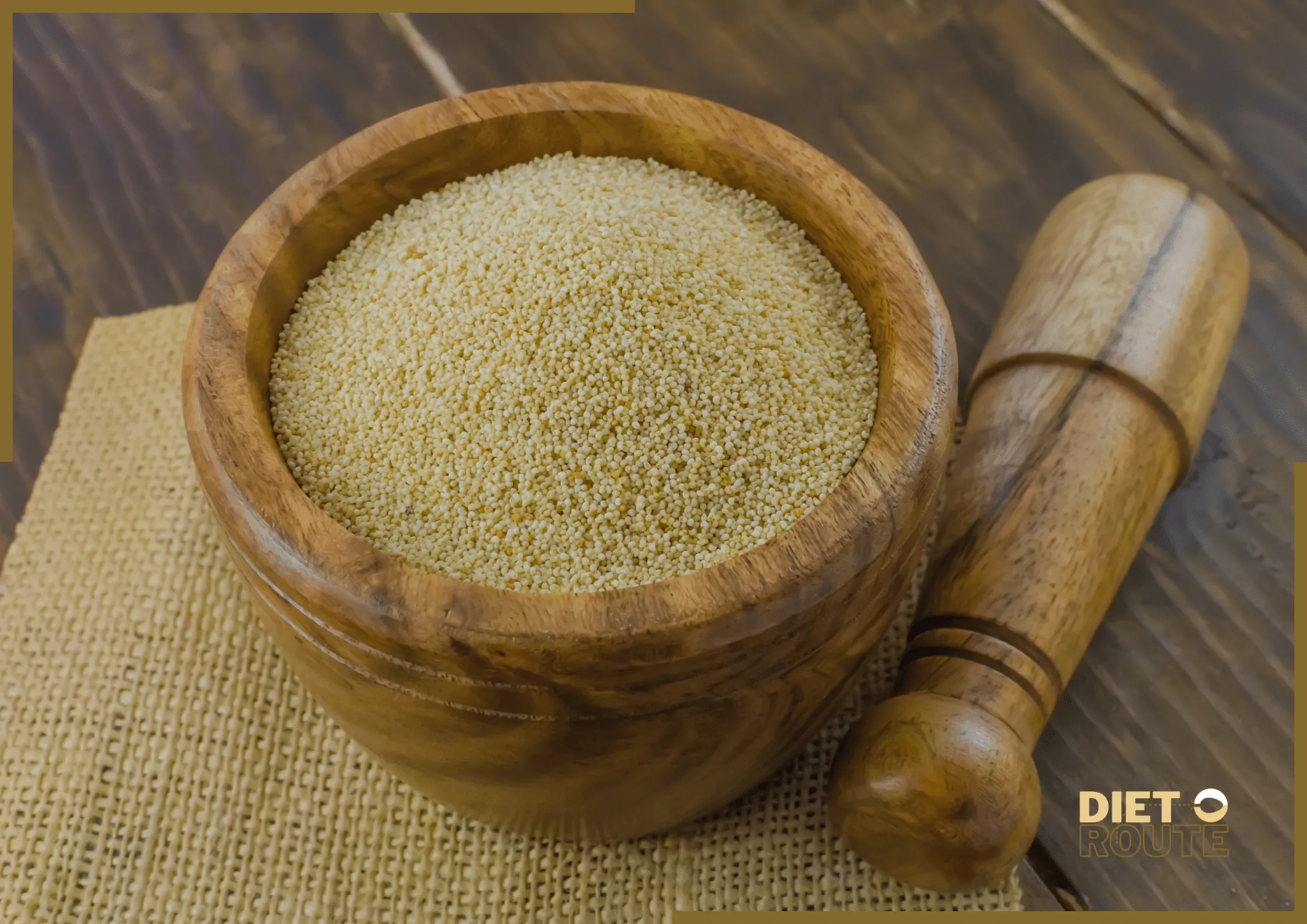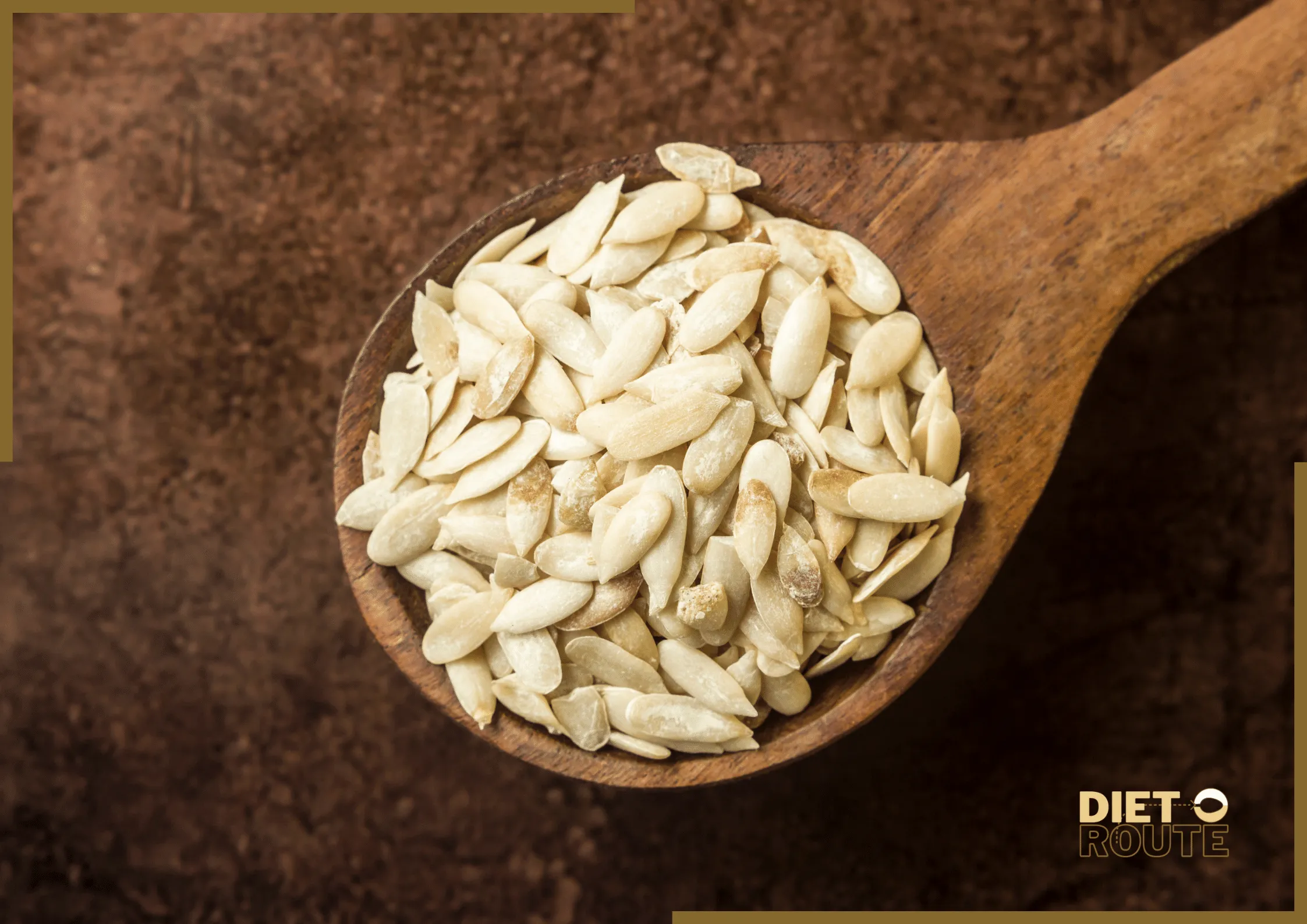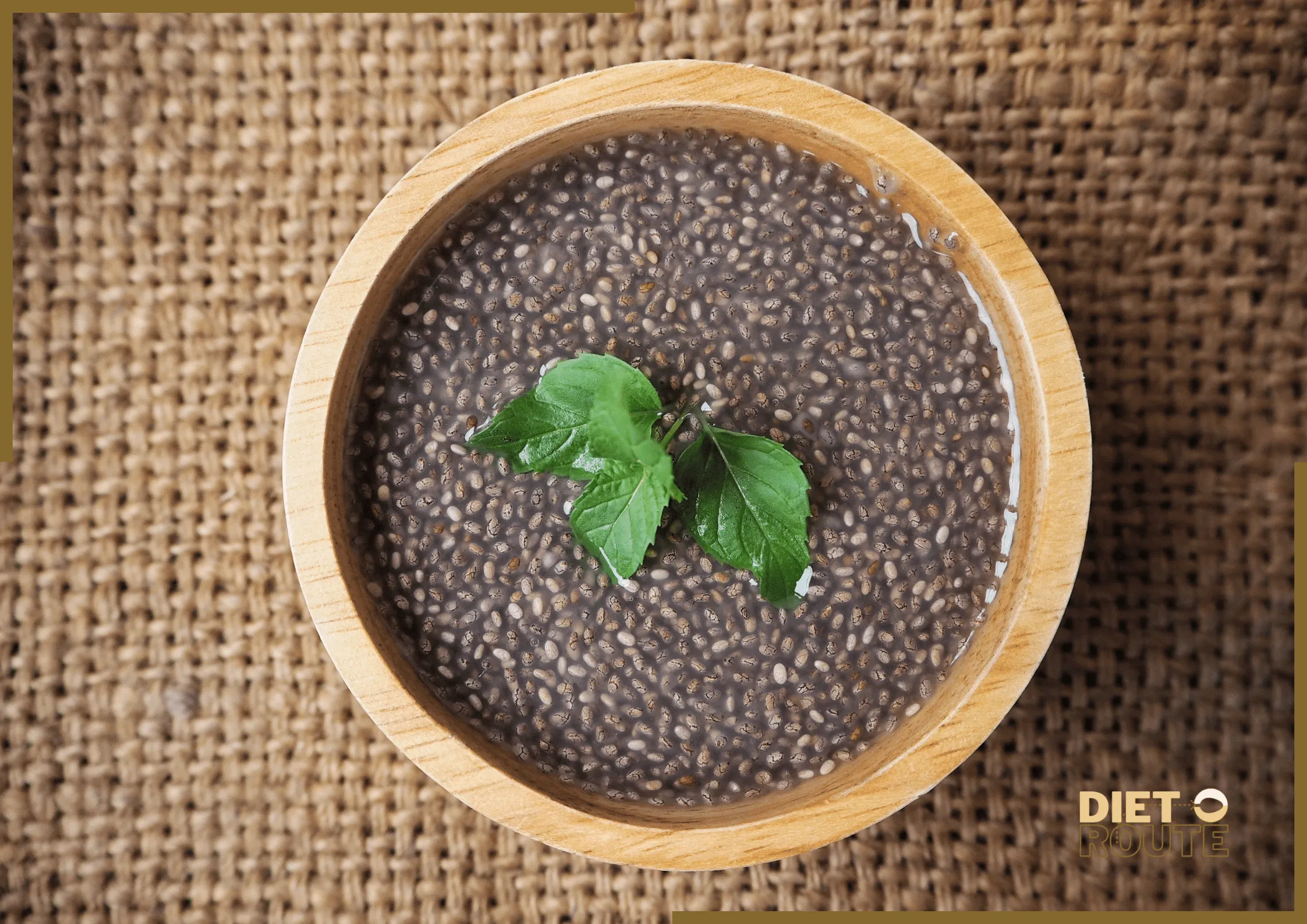Table of Contents
Introduction
The soft and stretchy texture of Mozzarella cheese has made it a popular cheese variety. Due to its mild flavor and versatile nature, it originated in Italy and has gained fame worldwide. Pizza, spaghetti, and caprese salads often have mozzarella cheese in them. Mozzarella cheese has many nutritional advantages in addition to its delicious taste. In this piece, we’ll look at the nutritional makeup of Mozzarella cheese, talk about its benefits and drawbacks, address some of the most common questions about it, and then offer some thoughts on its role in a healthy diet.
Nutritional Value Approximately 100g
The values provided are approximate can vary depending on the size and quality.
| Nutrient | Amount | Percentage Daily Value |
| Calories | 254 kcal | 13% |
| Total Fat | 20.1 g | 31% |
| Saturated Fat | 12.7 g | 64% |
| Cholesterol | 63 mg | 21% |
| Sodium | 627 mg | 26% |
| Carbohydrates | 1.6 g | 1% |
| Sugars | 1.3 g | – |
| Protein | 16.1 g | 32% |
| Calcium | 505 mg | 50% |
| Vitamin A | 561 IU | 11% |
| Vitamin B12 | 0.6 µg | 10% |
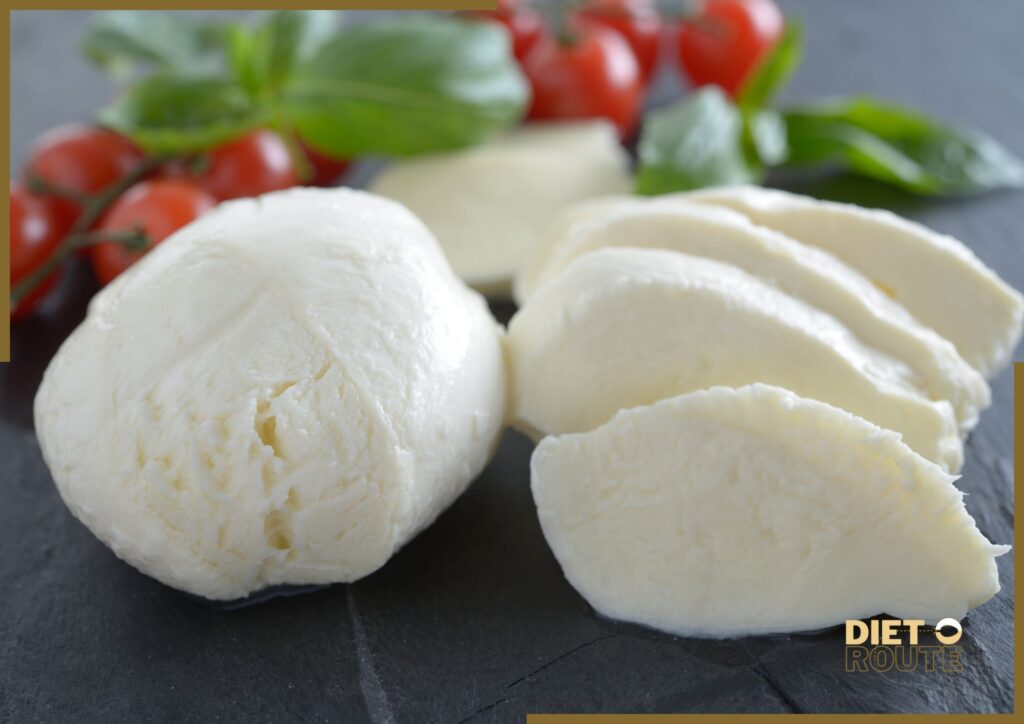
Pros
1. Good source of protein:
Mozzarella cheese is a good source of protein, which is essential for tissue repair, muscle growth, and many other bodily functions.
2. High in calcium:
It has a lot of calcium, which helps make bones and teeth strong and supports good bone health.
3. Essential nutrients:
It has important nutrients like vitamin A and vitamin B12, which are good for your eyesight, your immune system, and your nerves.
4. Versatile and tasty:
It adds a rich, creamy flavor to many recipes, making it a popular choice for chefs.
Cons
1. High in Saturated fat:
It includes a lot of saturated fat, which, when consumed in excess, may cause weight gain and increase the risk of heart disease.
2. Sodium Content:
It has a moderately high sodium content, which can be a problem for individuals who follow a low-sodium diet or who have high blood pressure.
3. Lactose Intolerance:
Lactose is present in it, as it is in other dairy goods. When they eat, people who can’t handle lactose may feel stomach pain.
In a Nut Shell
Mozzarella cheese has a great taste and many nutritional advantages, such as protein, calcium, and essential vitamins. It’s important to consume it in moderation because of its fat, saturated fat, and sodium content, even though it can be enjoyed as part of a balanced diet. Individuals can enjoy the flavor while taking into account their general dietary goals and portion control. Consult a doctor or trained dietitian for specific advice on how to add to a healthy diet.
Frequently Asked Questions (FAQs)
1. Are individuals with lactose intolerances safe to eat mozzarella cheese?
Due to its lower lactose content compared to other dairy products,it is typically well-tolerated by individuals with lactose intolerance. It’s advisable to keep an eye on one’s own reactions because tolerance levels may vary.
2. Can Mozzarella cheese be part of a diet that helps people lose weight?
The calorie and fat content in it makes portion control essential when incorporating it into a diet for weight loss. It can be better to choose part-skim or reduce fat Mozzarella cheese.
3. Is Mozzarella cheese appropriate for individuals with high cholesterol?
The saturated fat content is relatively high, which can raise cholesterol levels. People with high cholesterol should consume it in moderation and choose lower fat cheese when they can.
4. Can individuals with diabetes consume mozzarella cheese?
As part of a healthy meal plan, it can be consumed in moderation by individuals with diabetes. It’s important to watch the size of your portions and think about how many carbs you eat altogether.
5. Does Mozzarella Cheese Contain Calcium?
Yes, it is a good source of calcium, which is essential for bone health and other bodily functions.
6. Mozzarella cheese can it be frozen and kept for a long time?
It can be frozen, but doing so may change the way it tastes. For the best taste and quality, it is best to consume it within a reasonable timeframe.
7. Is Mozzarella cheese suitable for lactose-free diets?
There are trace amounts of lactose in it. While it may be appropriate for some individuals on a lactose-free diet, it is advisable to consult a doctor or dietitian for specific advice.
8. How should Mozzarella cheese be stored?
It should be stored in a certain way. Mozzarella cheese should be stored in the fridge at temperatures below 40°F (4°C). It is best to keep it in its original packaging or tightly wrap it so that it doesn’t lose wetness.
9. Can allergies be brought on by Mozzarella cheese?
It is made from cow’s milk, and individuals who are allergic to milk proteins may experience allergies to it. It’s important to be aware of any allergies you might have and find other choices if you need to.
10. Can Mozzarella Cheese Be Consumed While Pregnant?
It is usually safe to consume made from pasteurized milk while pregnant. For specific dietary advice, pregnant individuals should consult their healthcare provider.
